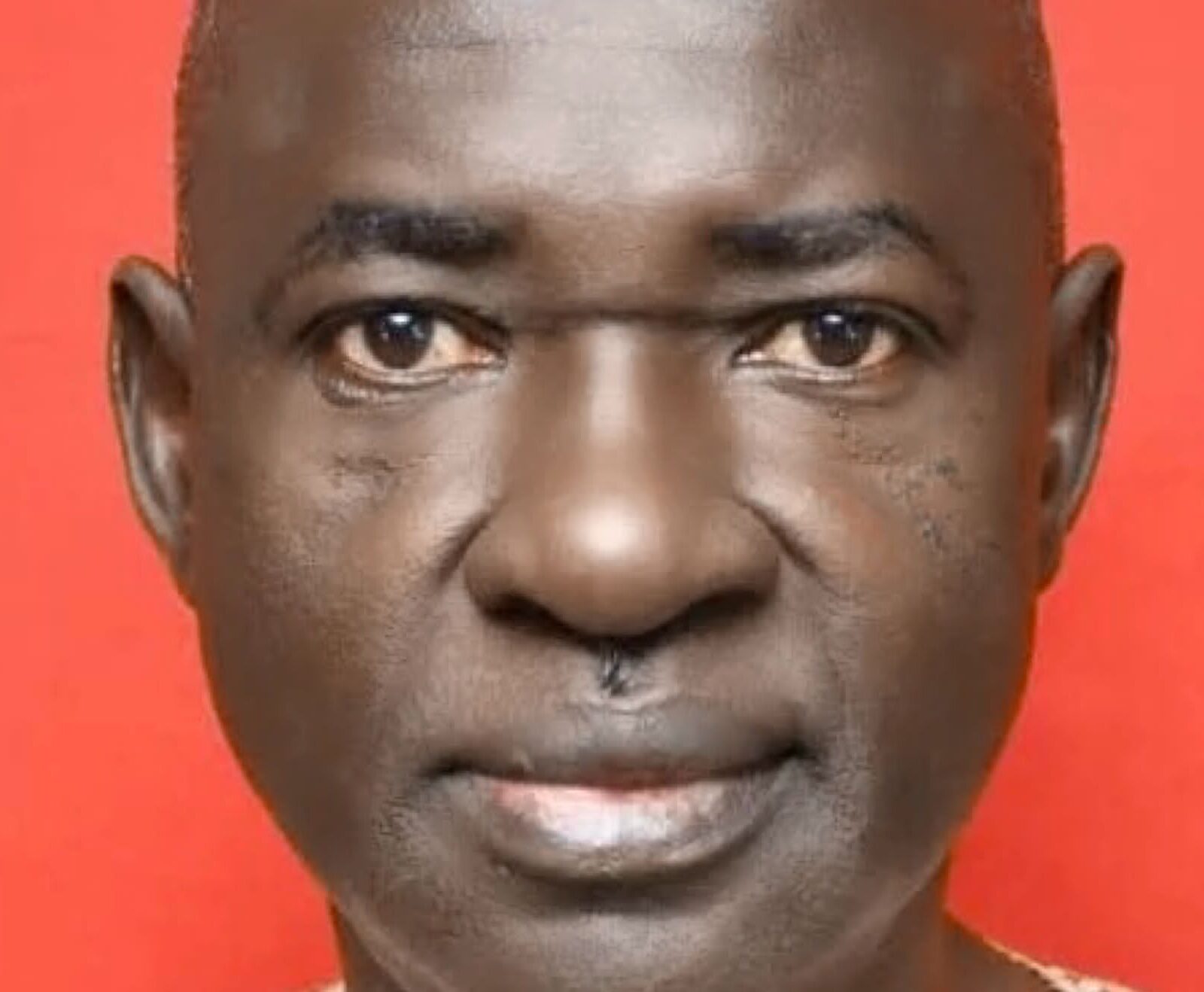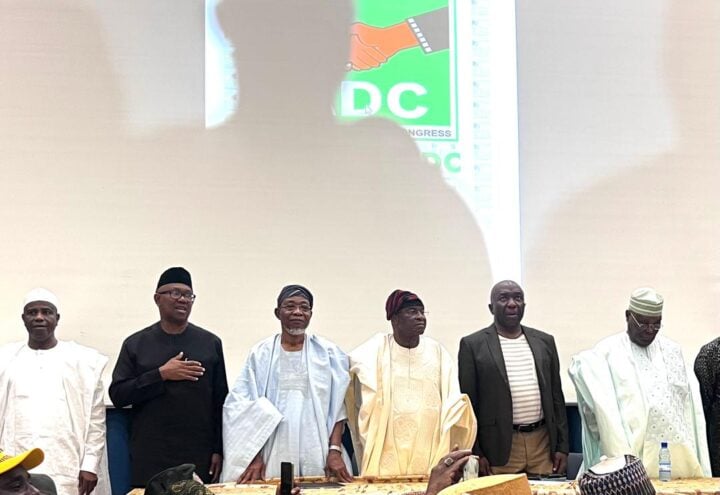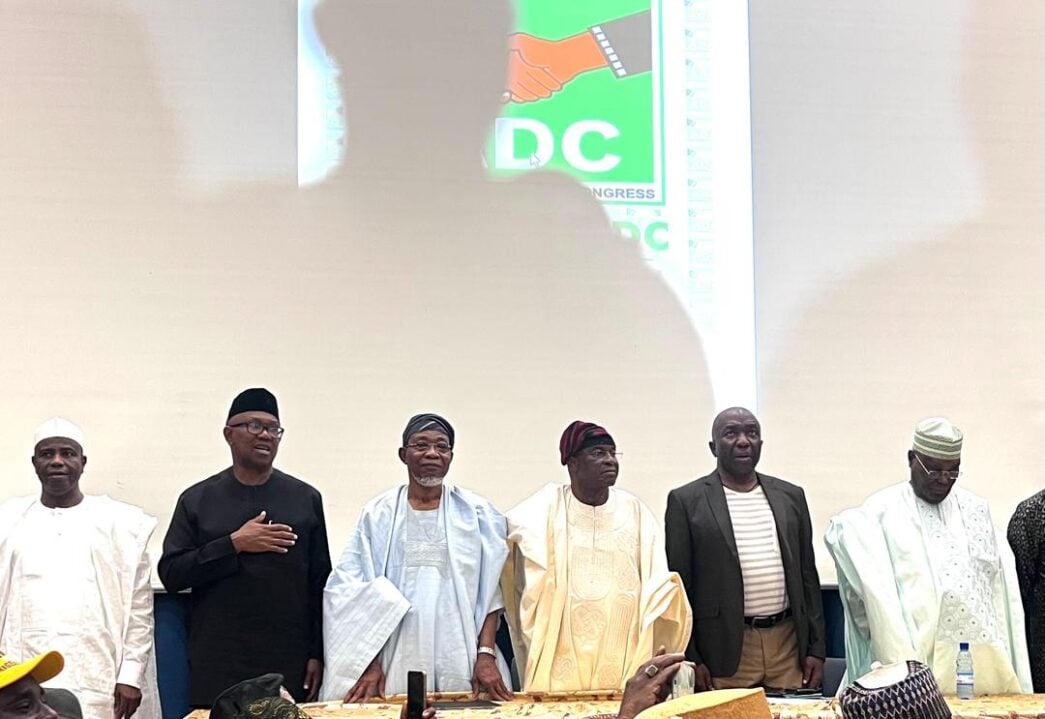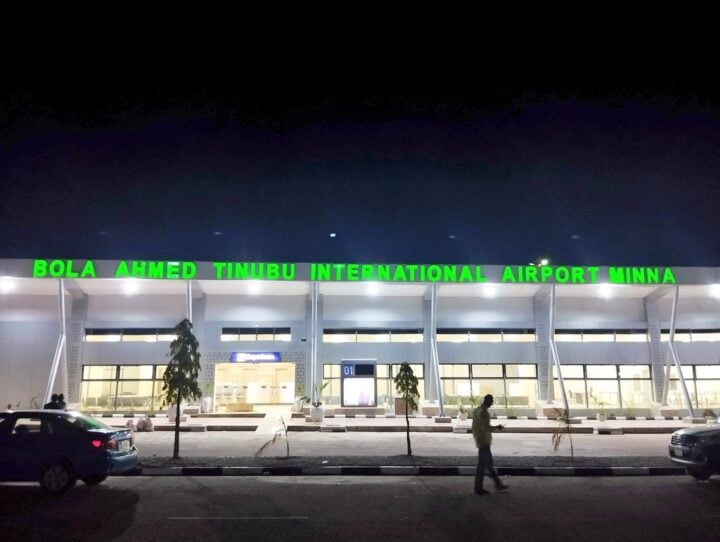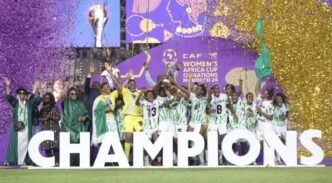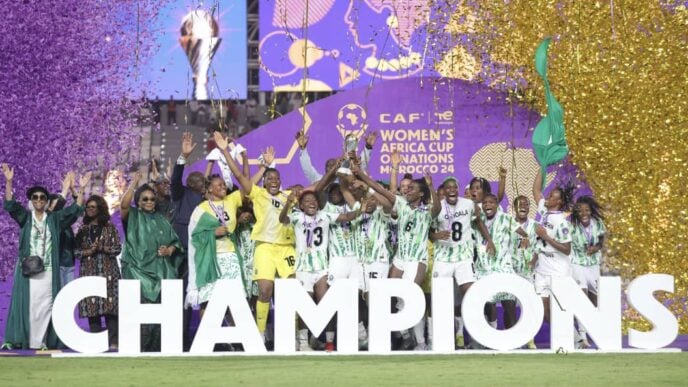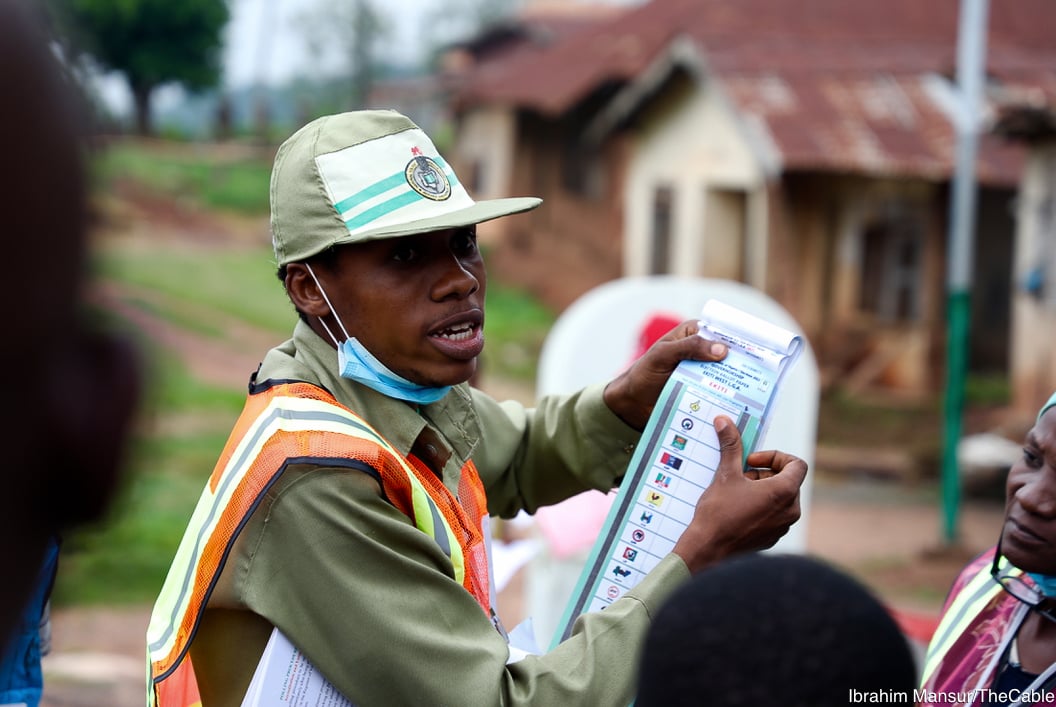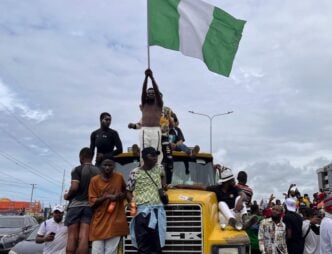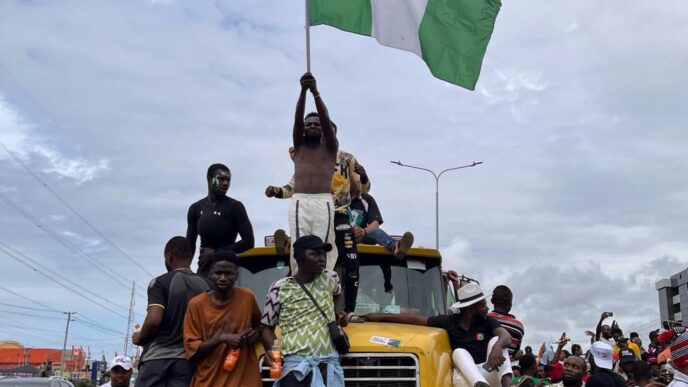Peter Obi (2nd from left) with other coalition members in Abuja during the unveiling of the platform
It has been argued on many platforms, and rightly so, that the drums for the 2027 general election have sounded too early. In ideal situations where the welfare and security of citizens matter, where the goals of politics revolve around good governance and those in government care to exhibit respect for the supremacy of people power, electioneering is usually reserved for the appropriate time as dictated by the umpire. And certainly not before the half of any running term. That this aberration is underway in Nigeria may indicate several factors that include the desperation of the ruling elite, inordinate quest to retain or grab the reins of government, further breach of relevant laws, and, less likely, genuine concerns about steering the nation towards true recovery and greatness.
It’s important we grasp the juncture we’ve found ourselves. Even the country’s enemies can’t deny that ours is a stupendously endowed country. A long record of mismanagement, missed opportunities, bogus living, projects execution dissonance and mediocre leadership has also made it a land of paradoxes, unfortunately. To the unending pain of the citizenry and chagrin of the well-meaning world outside.
Not surprisingly, the disillusioned and discomfited population has been the bride of political office seekers down the decades. In practices that are ordinarily democratic but often misapplied to manipulative ends, one set of politicians engages in tearing down the operations of another. The administration of former President Goodluck Jonathan suffered exactly that lot in the months leading to the 2015 polls. The combined forces of Congress for Progressive Change (CPC), Action Congress of Nigeria (ACN), All Nigeria Peoples Party (ANPP), factions of the Peoples Democratic Party (PDP) and All Progressives Grand Alliance (APGA) capitalised on the daunting challenges of that period to escalate the “cluelessness” of the President Goodluck Jonathan government.
Personalities like the late President Muhammadu Buhari and President Bola Tinubu became larger than life in the process. Short of calling themselves messiahs, they succeeded in selling Buhari like ice cream to huge segments of the federation. Whatever messages they were pushing out in dizzying succession needed to move beyond the mind to the heart – home of sentiments and energiser of quick actions. Thus, a new application of emotional intelligence to political engineering was introduced and operationalised effectively.
Advertisement
Even coup plotters who shot their way to the helm of affairs usually found time, after accusing the incumbents of sundry offences and shortcomings, to soothe the nerves of the populace with promises of better deliverables. The need to show empathy with the masses is that strong. And the same age-long strategy of gaining the people’s confidence via the cloak of messiahship is now in top-gear. Our opposition politicians especially of the coalition stock are getting set to “rescue Nigeria from bad governance, poverty, disease, corruption, spiralling inflation and worsening insecurity.” Keyword: rescue.
Or bail-out, redeem, save, deliver. To casually tell off these self-appointed saviours is to negate or disclaim the pressing and largely stubborn vicissitudes that constantly threaten the wellbeing of individuals, families, organisations and even the entire country. Conversely, to instantly believe in their desire and readiness to live up to their claims is to be a fool. What will produce optimal, desirable outcomes that could stand the test of time is somewhere in the middle of these opposing groups.
After elections, the political class usually disembodies into those in power and their colleagues out in the cold. Sadly, our system is designed to favour the winner who doesn’t hesitate to grab it all, hence the natural resort to survival antics which may include going to bed with the proverbial holder of yam and knife even at the risk of losing face with the electorate. But, then, who cares? Most Nigerian politicians have since deadened their consciences to the needs, wants and even the latent powers of voters who have largely been substantially incapacitated. They’re now preoccupied with the raw push for influence, actualisation of narrow interests, material acquisitions and flaunting of same without inhibitions and institutional or statutory hinderances.
Advertisement
Members of the slimming PDP, divided Labour Party (LP) embryonic African Democratic Congress (ADC) and the rest rivals of the ruling All Progressives Congress (APC) are in a position to know these contradictions well. Majority of the people in government find it difficult to convince the general public of their good intentions and capabilities. Yet, the victims look on helplessly while time slips through their fingers. This dilemma is compounded by the very socio-political circumstances that surround their jaundiced realities.
To be clear, political cross-carpeting, gang-ups, mergers, alliances and what in some cases constitute blatant anti-party activities have been with us for a long time, either to win elections or run the government. Prior to our independence in 1960, the Northern People’s Congress (NPC) teamed up with the National Council of Nigerian Citizens (NCNC). In the runup to the elections in the mid- 1960s, some complex mergers also existed to forge collaborations across the various regions. Then, at the commencement of the 2nd Republic, National Party of Nigeria (NPN) went into marriage with Nigerian Peoples Party (NPP) for the purpose of running the government, a union that was short-lived on grounds of differences. That happened in the days when parties in the country had separate, readily identifiable ideologies.
We mustn’t forget that it was the failure of the opposition politicians to harness those diversities that was mainly responsible for truncating their chance of sending NPN packing during the 1983 election. Unity Party of Nigeria (UPN), NPP, Peoples Redemption Party (PRP) and Great Nigeria Peoples Party (GNPP) had contemplated a super merger to provide a more productive alternative to the Alhaji Shehu Shagari-led federal government. But Chief Obafemi Awolowo, Dr Nnamdi Azikiwe, Malam Aminu Kano and Alhaji Ibrahim Waziri – the respective presidential candidates of the four parties – were too big in their individual shoes to produce a consensus candidate. The result was a “landslide” victory for Shagari which earned him a second term that lasted for only three months.
The 3rd Republic, a hybrid of soldiers and civilians, didn’t make room for coalitions. Two parties in operation – Social Democratic Party (SDP) and National Republican Convention (NRC) – were decreed into existence by the General Ibrahim Babangida administration and had their paths cut out for them. The parties which later united when General Sani Abacha was head of state did so simply to make the commander-in-chief their joint candidate in the election that never was. And this 4th Republic has witnessed its own fair share of alliances, the most successful being the one that brought in the APC 10 years ago. Ironically, President Tinubu, a key promoter of that configuration, succeeded Buhari only two years ago but is now confronted with an assembly of rivals bent on redeeming the country from his own policies and grip.
Advertisement
In yet another round of redemption politics! It’s not for the president to feel protected by what he thinks his achievements are. Yes, he was frank enough to declare early that he would embark on programmes that could hurt in the short term but yield lasting results. True leaders do that. He also received accolades the other day from organisations that monitor macro-economics. The recent rebasing of the nation’s economy bears positive acknowledgements too. But the streets think differently. Tens and hundreds of Nigerians are still departing this world at once, abruptly and prematurely. Reductions in official inflation figures are hardly realistic.
The present-day political redeemers, many of whom participated actively in the country’s undoing, are, therefore, enabled to cry themselves hoarse in attempts, whether sincere or contrived, to bring salvation to the longsuffering people of Nigeria. For now, we’re forced to watch a traumatic theatre.
Ekpe, PhD, is a member of THISDAY editorial board.
Advertisement
Views expressed by contributors are strictly personal and not of TheCable.
